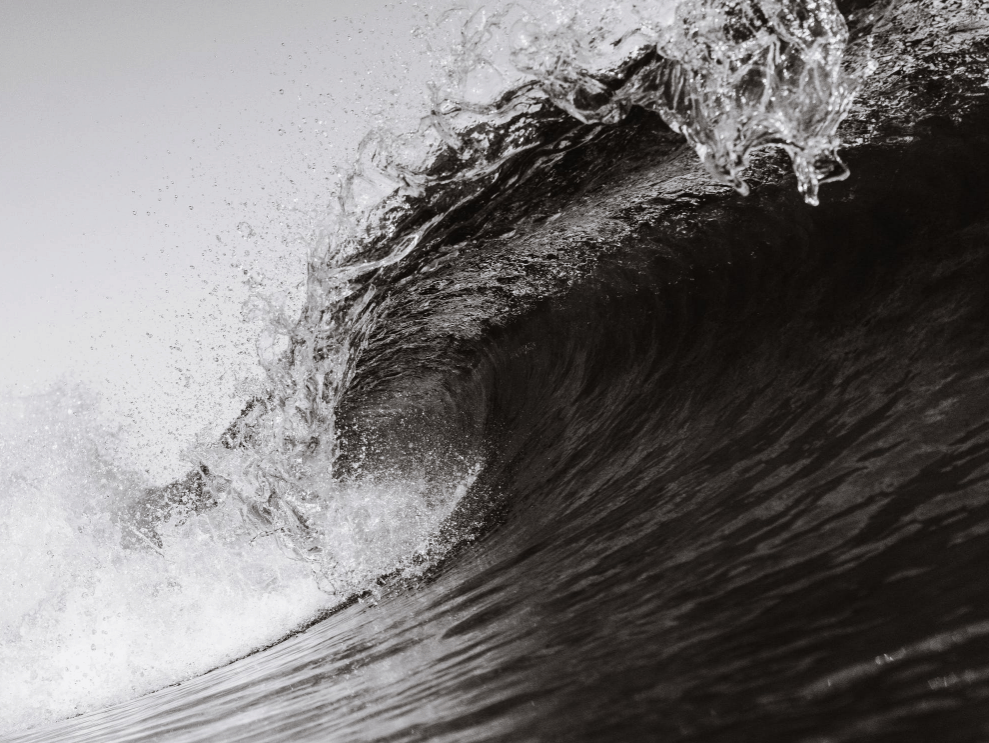Tips for Avoiding and the Bends
Decompression sickness – or what is more popularly known as “the bends” – is the bane of most scuba divers existence. Nearly all of us have encountered this painful and inconvenient condition the symptoms of which are joint pain, dizziness, headache, extreme fatigue, tingling or numbness, etc. Well, the truth of the matter is that decompression need only be a minor inconvenience and can be avoided for the most part when the proper precautions are taken.
What is decompression sickness?
Decompression sickness is caused by nitrogen bubbles forming in the body’s tissues and in the bloodstream. It occurs when you ascend from deep water to shallow water too quickly. Moreover, decompression sickness also occurs during aerospace events when dissolved nitrogen forms in the body areas of astronauts, for example, affecting their joints, lung, heart, skin and brain. Here’s a look at some of the best tips we’ve come across to avoid decompression sickness.
- Plan carefully: Old pros know that careful planning is one of the most effective ways to avoid decompression sickness and many other hazards of the deep sea. Divers of all skill levels should consider using a dive plan or computer so that they can properly gauge the depths of the site they are diving and other factors that might contribute to the bends. Also, be conservative as you plan your dive. If you do not feel confident with a particular site or with certain conditions do not dive.
- Stay hydrated: For reasons that no one knows for sure a properly hydrated body can cope with nitrogen saturation more than one that is not. It may seem ironic that one should remember to stay hydrated while one is surrounded by water but divers do lose moisture through perspiration, breathing, etc.
- Don’t drink alcohol before diving: Alcohol dilates capillaries and promotes dehydration. These two conditions can alter nitrogen elimination which can cause bubbles to form in the blood causing the bends.
- Don’t fly immediately after diving: Ascending to high altitudes immediately after diving can greatly increase the risk of developing the bends.
- Adhere to safety stops and a slow ascent rate: As we said, decompression sickness often begins when someone ascends too quickly from deep to shallow water. (Generally, it is safe to ascend at a rate of about 9m/30ft per minute.) Using a dive computer will help you regulate your ascent more carefully.

All this said, none of the above tips can ever guarantee with 100% certainty that you will never experience decompression sickness especially during your first time dive in Maui. However, if you follow the above tips then your Maui scuba diving will be more fun and more comfortable than diving in without any preparation at all. See you in Maui.

